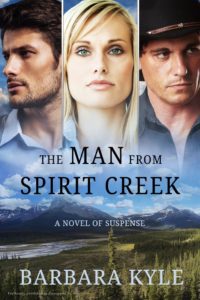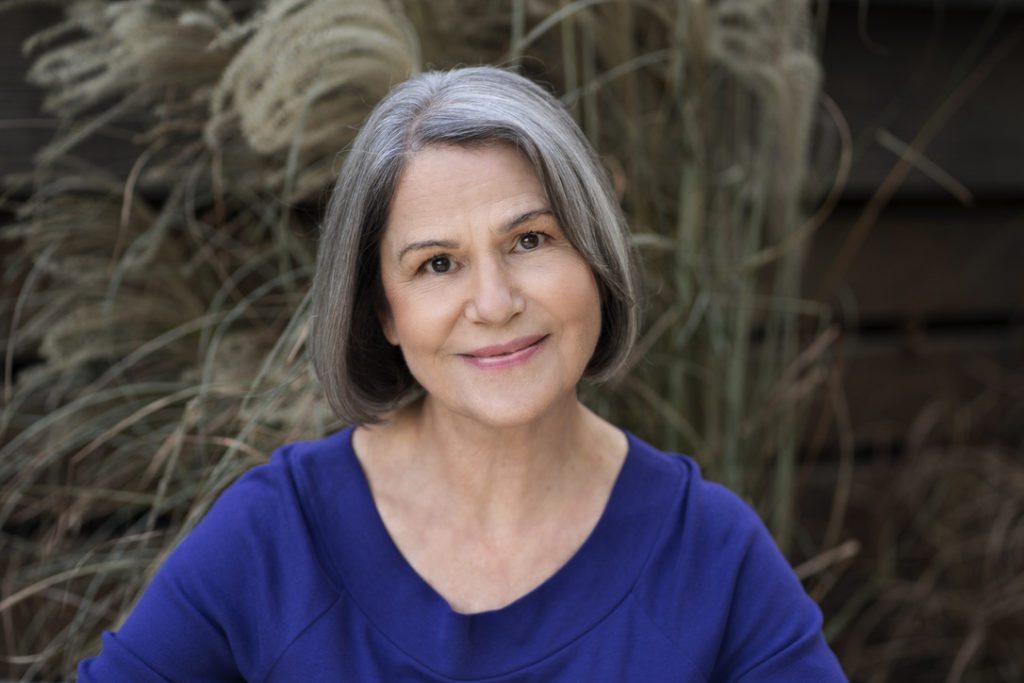 By Barbara Kyle
By Barbara Kyle
Mystery. Thriller. Romance. Science Fiction. Horror. The publishing industry uses these labels for what they call “genre” novels. Literary critics often dismiss genre novels as lightweight, even trivial.
But are they?
After all, it can be argued that even classic literary novels fall within the bounds of some genre. Jane Austen’s Pride and Prejudice is a romance. Dostoevsky’s Crime and Punishment is a psychological thriller. Mary Shelley’s Frankenstein is horror. Jules Verne’s Twenty Thousand Leagues Under the Sea is science fiction. The Name of the Rose, the intellectual debut novel of Umberto Eco, is a murder mystery.
And, my goodness, what writer wouldn’t want to be classed with Dostoevsky?
As the author of several thrillers, let me share with you what I believe is special – in fact, important – about this particular genre.
It’s often said that a good thriller is like a roller-coaster ride. That’s true enough, because the genre is about high stakes, countdowns, and suspense, and every compelling thriller delivers this kind of excitement.
But the most satisfying thrillers deliver more: an exciting story that also explores complex issues. This kind of story has something meaningful to say about our world. It takes the reader away from the amusement park and sends them on a voyage – an exhilarating journey into a different way of thinking.
I call it Deep Genre.
The job of Deep Genre is to take readers beyond their expectations. To give them an insight they never saw coming. “Insight” literally means seeing the truth through and under the surface of things. It’s the serious novelist’s job to challenge not only readers’ expectations, but also their received wisdom, their acceptance of society’s status quo.
At its heart, Deep Genre is always about confronting power.
Charles Dickens knew this when he used his immensely popular novels to hold a mirror up to the horrors that working-class people suffered under unfettered capitalism in nineteenth-century England.
John Grisham’s popular thrillers often feature a “little guy” up against some form of corporate bully.
John le Carré’s literary thrillers train his unflinching focus on the corrosive corporate and political powers who manipulate our lives.
Denise Mina, a master of “noir” crime fiction, reveals the raw wounds that Glasgow’s poor and powerless suffer, and she creates female characters who are resilient and resourceful.
The most compelling thrillers lead to a climax in which the main character learns something profound about themself and the world they live in. If they don’t, they remain unenlightened, adolescent. They haven’t grown. So neither can the reader. In other words, the roller-coaster ride is all you get.
A fine thriller – or a deft murder mystery – may end in tragedy or, more commonly, with justice prevailing, or sometimes a bittersweet blend of both. Whatever the outcome, readers embrace the richness of Deep Genre and welcome the experience. We need it.
Because it’s not the roller-coaster ride that satisfies the soul. It’s the voyage.
# # #
Barbara Kyle is the author of the bestselling Thornleigh Saga historical novels and acclaimed thrillers. Over half a million copies of her books have been sold worldwide. Her most recent novel is The Man from Spirit Creek. Her upcoming novel The Deadly Trade, a murder mystery, will be published in fall 2023. Visit Barbara at https://www.barbarakyle.com/ and on Twitter: @BKyleAuthor
 About The Man from Spirit Creek: Oil executive Liv Gardner sets out to entrap farmer Tom Wainwright who is sabotaging her company’s rigs. But when Tom is accused of a murder he didn’t commit, Liv must face the fact of her own corrupting power. Only by giving up everything to save him can she find her own redemption.
About The Man from Spirit Creek: Oil executive Liv Gardner sets out to entrap farmer Tom Wainwright who is sabotaging her company’s rigs. But when Tom is accused of a murder he didn’t commit, Liv must face the fact of her own corrupting power. Only by giving up everything to save him can she find her own redemption.
“A stunning thriller…Lost sleep as I couldn’t put this one down.” – Amazon review
“Full of twists that kept me wanting more…a mix of thriller, mystery, romance, and redemption.” – Goodreads review

Thanks for stopping by today!
Hi, I enjoyed reading your post, thank you so much! I love your book cover and I love Thrillers. Have a great week and stay safe.
Alicia, I’m so glad you enjoyed this. Thanks for letting me know!
Alicia – thanks for posting. Barbara’s description of the thriller genre really nails it.
Excellent and necessary post, Barbara. The idea of deep genre resonates with me as I think of theme in novels. An interesting side note: I can’t remember who wrote about this, but their premise had to do with early tv soaps. Women’s programming was also put down as being romantic escapism. But as this author pointed out, women learned about STDs, breast cancer, domestic abuse from these shows when these topics weren’t being talked about. Deep genre takes on big issues. I write femmes-noir, a sub-genre of noir and a complement to domestic noir. As James Ellroy said about noir, “The social importance of noir is its grounding in the big themes of race, class, gender, and systemic corruption.” I continue that work with badass women protagonists up against what I now consider an open war on women.
Valerie, what a fascinating comment about the educational aspect of “women’s programming.” So true. Keep fighting the good fight with your femmes-noir!
Valerie,
Your contrast between noir and its social importance and Barbara’s analysis of the thriller genre makes a great point of the topical depth one can reach through genre fiction.